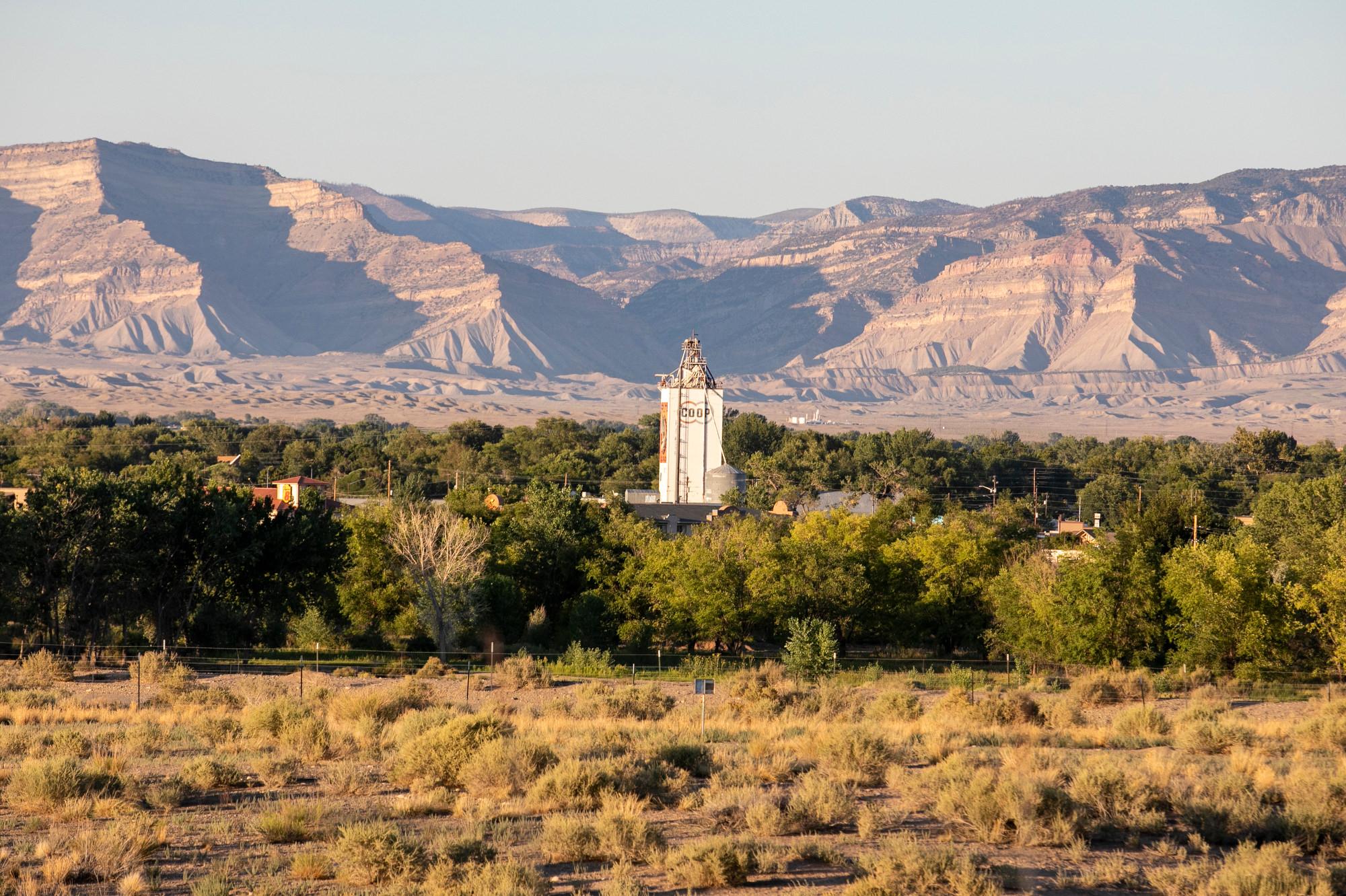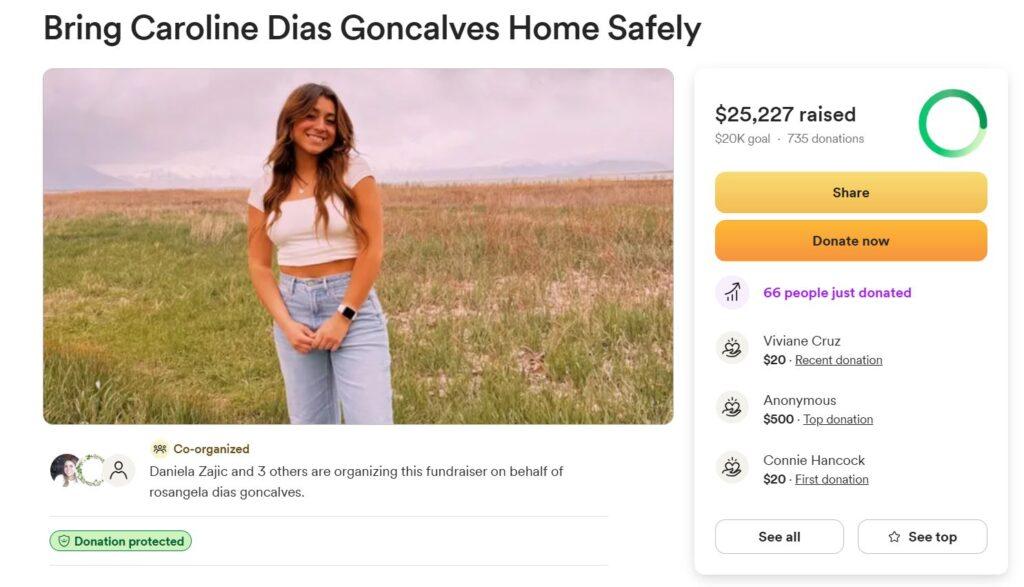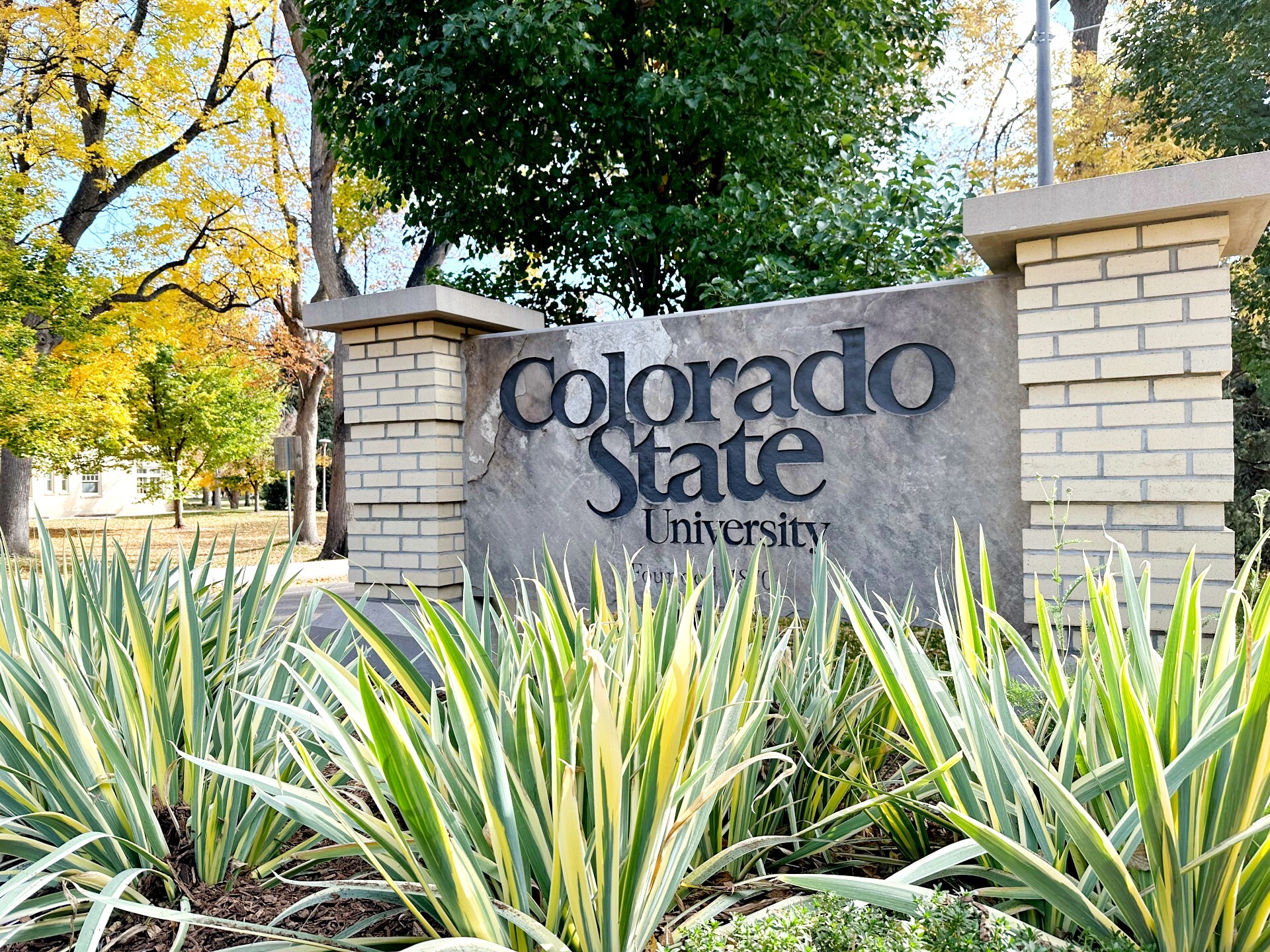
Updated at 6:45 p.m. on June 16.
A “communication group” among Western Slope and federal law enforcement officers was being used to facilitate federal immigration enforcement in what the Mesa County Sheriff's Office acknowledges may be a practice "contradictory" to Colorado law.
The Sheriff’s Office Monday night released an updated statement regarding an investigation into an incident involving one of their own employees who may have provided information then used by Immigration and Customs Enforcement agents to detain an undocumented college student on a civil immigration violation as she was driving through Colorado.
“Through our Administrative Investigation, we have learned that the federal representatives within the communication group began using the material collected for drug interdiction efforts to extrapolate immigration information for the purposes of ICE enforcement,” the statement read. “We would like to reiterate that we were unaware that the communication group was used for anything other than drug interdiction efforts and that we have since removed all Mesa County Sheriff’s Office members from the communication group.”
Last week, The Salt Lake Tribune published a story about University of Utah student Caroline Dias Goncalves, who was stopped by local law enforcement on June 5 while driving to Denver.
After being released from the traffic stop with a warning, Dias Goncalves was then stopped a few miles down the road by immigration officers. The story did not identify the local law enforcement branch that first pulled Goncalves over, but a press release from the Mesa County Sheriff’s Office sent Monday confirmed it was one of their deputies, Investigator Alexander Zwinck.
"In accordance with Colorado law, the Mesa County Sheriff’s Office does not investigate residency status during any law enforcement interactions," the release stated, before explaining that Zwinck regularly worked with federal law enforcement.
"Our Deputy was part of a communication group that included local, state, and federal law enforcement partners participating in a multi-agency drug interdiction effort focusing on the highways throughout Western Colorado," the statement continued. "We were unaware that the communication group was used for anything other than drug interdiction efforts, including immigration. We have since removed all Mesa County Sheriff’s Office members from the communication group. Our Administrative Investigation to ensure we are compliant with state law and department policy is ongoing."

The Sheriff's Office released 19 minutes of bodycam footage of the traffic stop Monday evening. It shows a lengthy yet seemingly routine interaction between Dias Goncalves and the deputy.
Video shows the deputy stopping Dias Goncalves along Interstate 70 and talking to her about following a semitrailer truck too closely. He got her identification and vehicle paperwork and headed back to his vehicle where he meticulously reviewed it and briefly grabbed his phone.
Later, after bringing Dias Goncalves back to his vehicle and having her sit in the passenger seat while he wrote a warning, the deputy asked questions about where she was from, what she was studying and if her boyfriend was aware she was traveling to see him or if it was a surprise.
“Where are you from? You’ve got a little bit of an accent,” the deputy asked.
When Dias Goncalves said Utah, the deputy asked if she was born and raised there. Dias Goncalves initially responded that she "always forgets" where she was born. Then she told the deputy it was Brazil.
“Oh, that’s cool,” he responds. They then discussed where Dias Goncalves went to school and that she was studying nursing.
The deputy let her off with a warning for following a semitrailer truck too closely and she was allowed to go. A short time later, she was stopped by federal authorities on a suspected immigration violation. Dias Goncalves was taken to the immigration detention center in Aurora. It was not clear on Monday whether she remained there.
A spokesman for Immigration and Customs Enforcement did not reply to a question on her status. The Tribune reported she has a pending asylum claim.
Tim Macdonald, legal director for ACLU Colorado, said the interaction was troubling for what it meant for individual liberties.
“It's also a perfect encapsulation of what this administration is doing, detaining and arresting a 19-year-old, young woman, college student with no criminal record whatsoever. And this is exactly what this administration seems to be targeting, and it should scare all of us,” Macdonald said.
Macdonald added that it works counter to efforts to curtail this sort of behavior among Colorado law enforcement. Colorado law prohibits state and local police and sheriffs deputies from performing non-criminal immigration work, though they are not prohibited in any way from investigating crimes that may involve people who are not lawfully present in the country.
“The statutes that we've passed in Colorado are well documented to improve our communities and improve public safety. And what happened out in Mesa County is very concerning,” Macdonald said. “That seems to run directly contrary to the statutes that Colorado has passed that appear to prohibit this type of collaboration in civil immigration enforcement.”
In a statement, the Colorado Immigrant Rights Coalition said the stop may have violated Colorado law on sharing information with immigration officials.
“No one should have to live in fear that a routine traffic stop could lead to ICE detention and separation from their families,” said Raquel Lane-Arellano, Communications Manager with the Colorado Immigrant Rights Coalition, said in the statement.
The sheriff's office issued a second statement naming the deputy and denying any knowledge that information was being shared with immigration authorities including Immigration and Customs Enforcement.
"This use of information is contradictory to Colorado law and was initially intended for the purpose of reducing illegal drug trafficking in Colorado," the statement read. "Unfortunately, it resulted in the later contact between ICE and Miss Dias Goncalves."
The statement noted that the agency will continue to work with federal agencies on drug enforcement cases though. They just will no longer be part of the shared communication channel.
"We will continue our coordination on drug interdiction efforts with our state and federal and state partners within Colorado law," the statement said.
Trafficking and drug interdiction units have come under scrutiny in Western Colorado in the past.
In 2022, the Grand Junction Daily Sentinel reported on credibility concerns with a Colorado State Patrol trooper who had apparently omitted information from reports on traffic stops related to a smuggling and interdiction unit.








